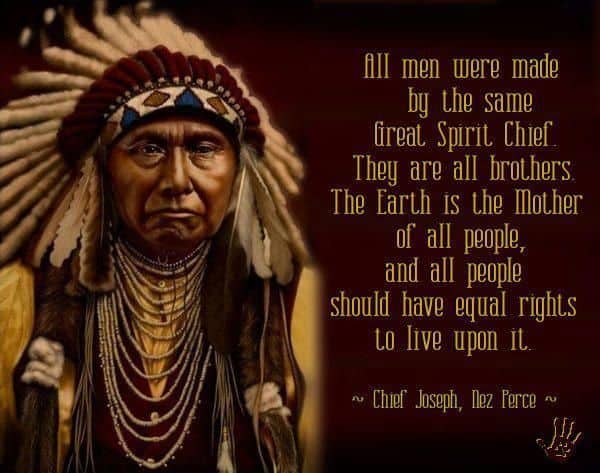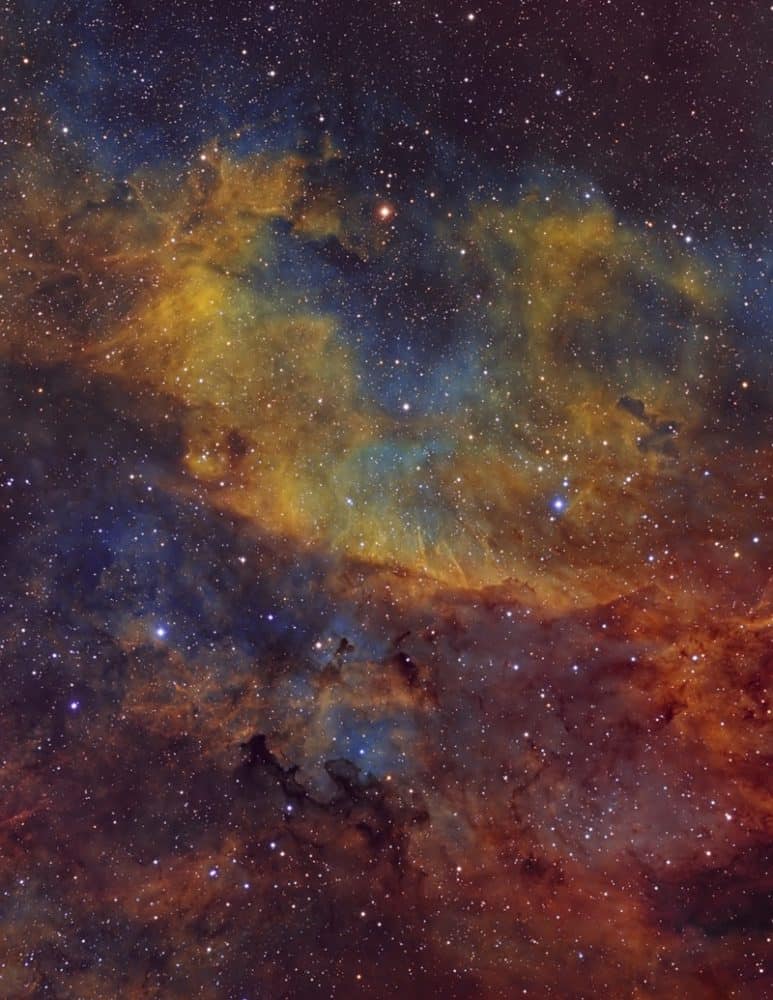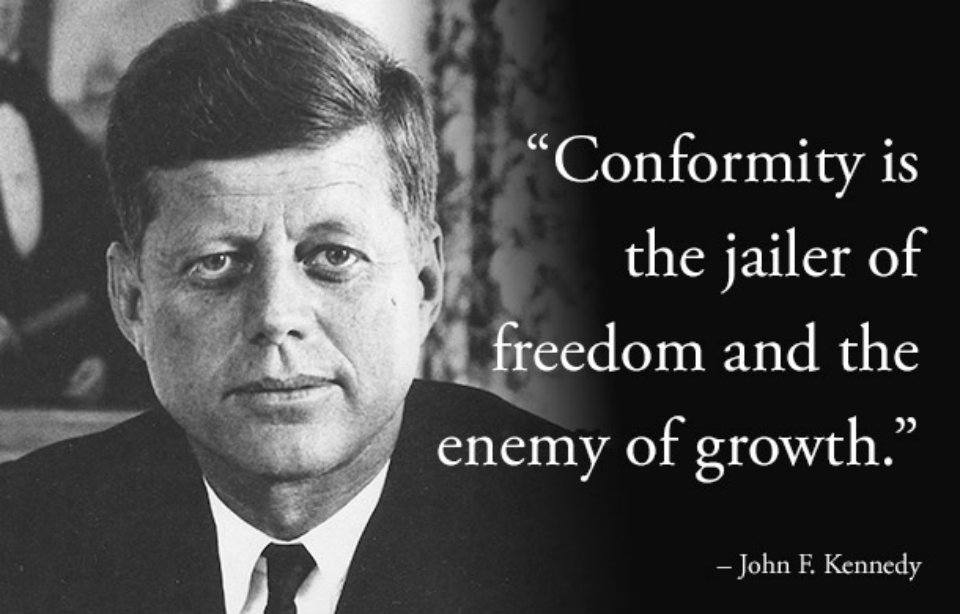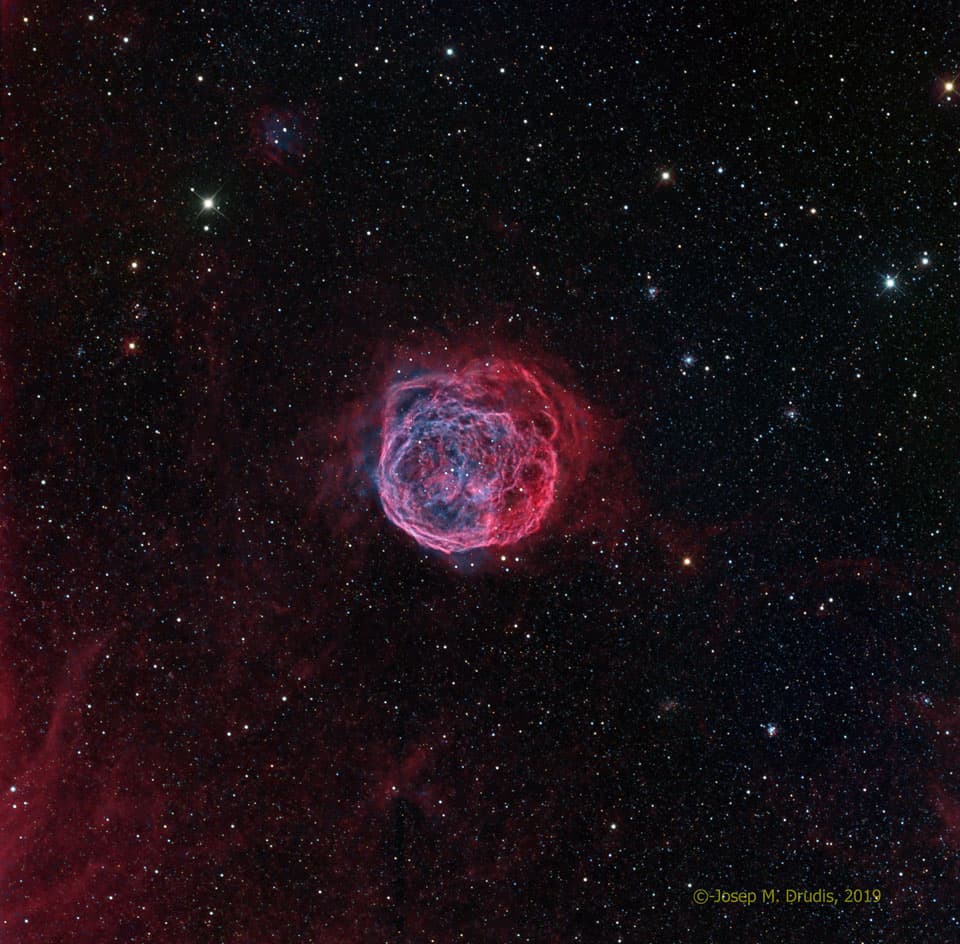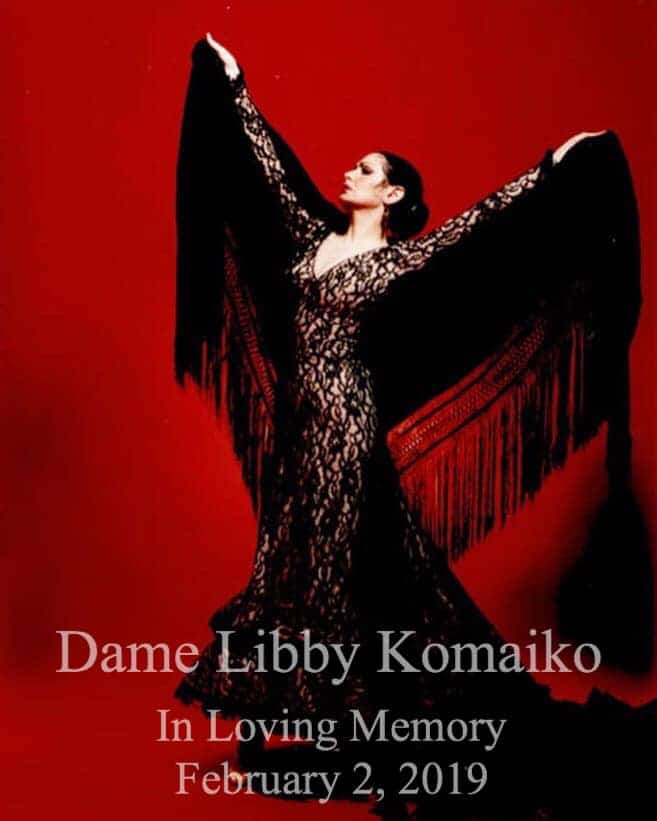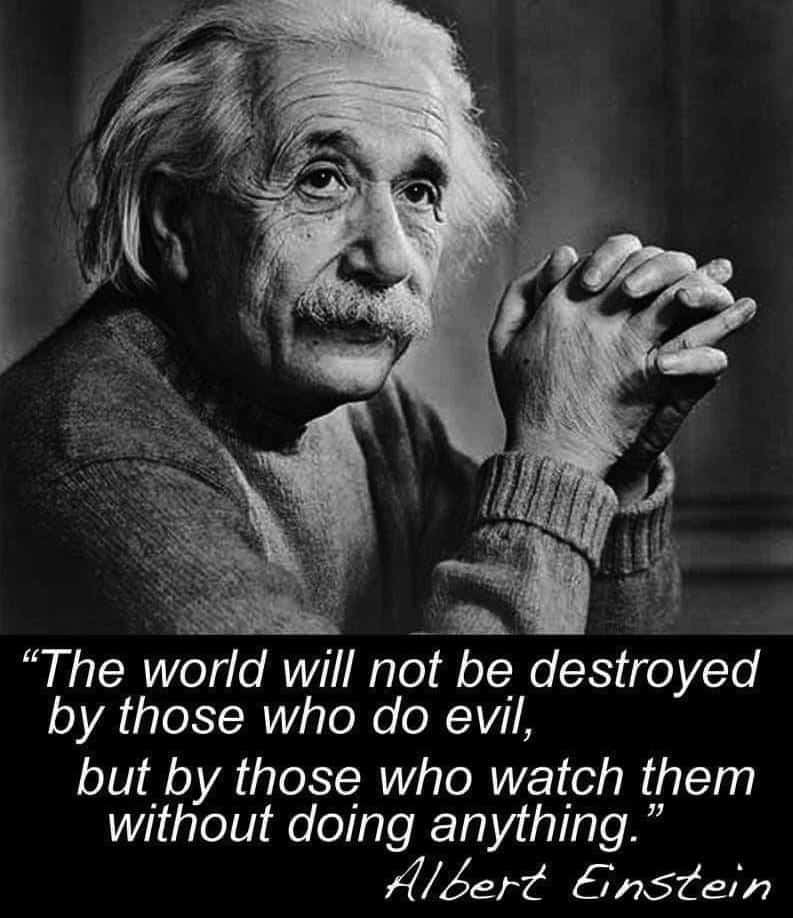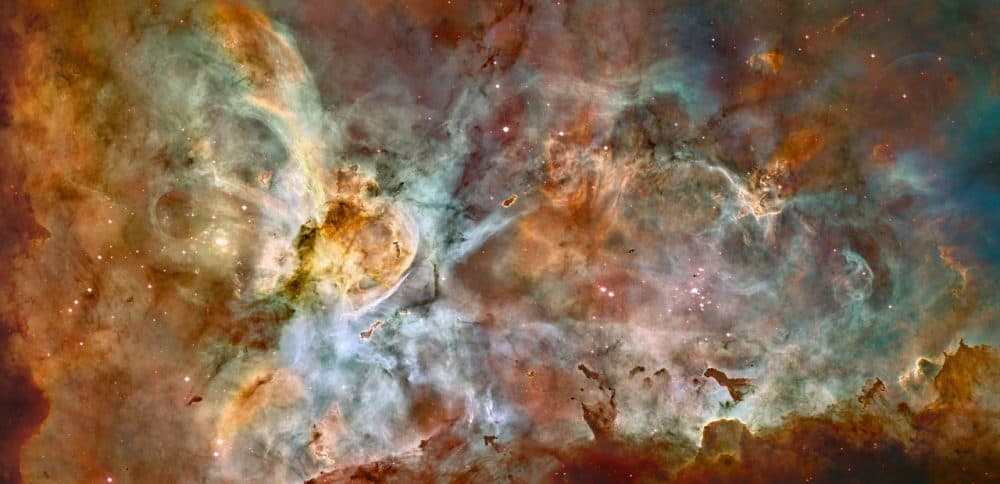Blog
Dark nebulae like Barnard 344 look much more interesting when silhouetted against such colorful clouds, the effect of the filters this imager used and the colors he assigned to them. B344 resides in the constellation Cygnus the Swan near the star Sadr (Gamma Cygni). (5.2-inch Thomas M. Back TMB-130 refractor, Apogee U8300 CCD camera, Hydrogen-alpha/Oxygen-III/Sulfur-II image, two-panel mosaic with each having exposures of 9.5, 6.5, and 6.5 hours, respectively).
more...Al Kooper (born Alan Peter Kuperschmidt, February 5, 1944) is an American songwriter, record producer and musician, known for organizing Blood, Sweat & Tears (although he did not stay with the group long enough to share its popularity), providing studio support for Bob Dylan when he went electric in 1965, and bringing together guitarists Mike Bloomfield and Stephen Stills to record the Super Session album. In the 1970’s he was a successful manager and producer, notably recording Lynyrd Skynyrd‘s first three albums. He’s also had a successful solo career, written music for film soundtracks, and has lectured in musical composition. He continues to perform live.
Kooper, born in Brooklyn, grew up in a Jewish family in Hollis Hills, Queens, New York. His first professional work was as a 14-year-old guitarist in the Royal Teens, best known for their 1958 ABC Records novelty 12-bar blues riff, “Short Shorts” (although Kooper did not play on the recording[4]). In 1960, he teamed up with songwriters Bob Brass and Irwin Levine to write and record demos for Sea-Lark Music Publishing. The trio’s biggest hits were “This Diamond Ring“, recorded by Gary Lewis and the Playboys, and “I Must Be Seeing Things“, recorded by Gene Pitney (both 1965). When he was 21, Kooper moved to Greenwich Village.
He performed with Bob Dylan in concert in 1965, including playing Hammond organ with Dylan at the Newport Folk Festival, and in the recording studio in 1965 and 1966. Kooper also played the Hammond organ riffs on Dylan’s “Like a Rolling Stone“. It was in those recording sessions that Kooper met and befriended Mike Bloomfield, whose guitar playing he admired. He worked extensively with Bloomfield for several years. Kooper played organ once again with Dylan during his 1981 world tour.
more...Vincent Peter Colaiuta (born February 5, 1956) is an American drummer who has worked as a session musician in many genres. He was inducted into the Modern Drummer Hall of Fame in 1996, and the Classic Drummer Hall of Fame in 2014.Of Italian descent, Colaiuta was given his first drum kit when he was seven. He took to it naturally, with little instruction. When he was fourteen, the school band teacher gave him a book that taught him some of the basics. Buddy Rich was his favorite drummer until he heard the album Ego by Tony Williams, an event that changed his life. Colaiuta was also listening to organ groups, notably Jack McDuff, Jimmy McGriff and Don Patterson.
After leaving school, he played local gigs in Boston. He joined a brief tour organized by Al Kooper, then worked in California on an album by Christopher Morris, which Kooper was producing. Although he returned to Boston, he was drawn back to California by friends and his experience recording. He took the bus from Boston to Los Angeles during the blizzard of 1978. After performing in jazz clubs, he won the audition to play drums for Frank Zappa. He toured with Zappa and appeared on the albums Joe’s Garage, Tinsel Town Rebellion, and Shut Up ‘n Play Yer Guitar.
https://www.youtube.com/watch?v=0DfdmhKAQ3c
more...Big Bill Bissonnette (February 5, 1937 – June 26, 2018) was an American jazz trombonist, drummer, and record producer.
He was a strong advocate of New Orleans jazz as played by veteran African-American musicians. In the 1960s, he led his own group, the Easy Riders Jazz Band, formed his own label, Jazz Crusade, and organized northern tours for Kid Thomas Valentine, George Lewis, and Jim Robinson. He produced over 100 recorded jazz sessions for Jazz Crusade and appeared as trombonist or drummer on over 50 recording sessions of New Orleans jazz.
The Easy Riders Jazz Band was one of the most acclaimed revival bands of the 1960s. Bissonnette brought Sammy Rimington to the United States. During his career, he worked with Alvin Alcorn, Red Allen, Jimmy Archey, Polo Barnes, Albert Burbank, Alex Bigard, Don Ewell, Pops Foster, George Guesnon, Edmond Hall, Bob Helm, Tuba Fats Lacen, George Lewis, Fred Lonzo, Alcide Pavageau, George Probert, Kid Sheik, Zutty Singleton, Victoria Spivey, Gregg Stafford, Michael White, and Kid Thomas Valentine.
more...the Tuareg sounds and Algerian/Malian blues
more...https://www.youtube.com/watch?v=1gSCIq8N7dU&t=0s&list=PLEB3LPVcGcWZ0hsQ5_jgSMhawAnDzy1io&index=5
more...Massive stars profoundly affect their galactic environments. Churning and mixing interstellar clouds of gas and dust, stars — most notably those upwards of tens of times the mass of our Sun — leave their mark on the compositions and locations of future generations of stars. Dramatic evidence of this is illustrated in our neighboring galaxy, the Large Magellanic Cloud (LMC), by the featured nebula, Henize 70 (also known as N70 and DEM301). Henize 70 is actually a luminous superbubble of interstellar gas about 300 light-years in diameter, blown by winds from hot, massive stars and supernova explosions, with its interior filled with tenuous hot and expanding gas. Because superbubbles can expand through an entire galaxy, they offer humanity a chance to explore the connection between the lifecycles of stars and the evolution of galaxies.
more...John Stubblefield (February 4, 1945 – July 4, 2005) was an American jazz saxophonist, flautist, and oboist.
Stubblefield was an adaptable musician, having played with the World Saxophone Quartet (´86-´88), Reggie Workman (´89-´93), McCoy Tyner (´84 Clark), Freddie Hubbard (´85), and George Russell (´85). Stubblefield also served for a time as a jazz ensemble director at Rutgers University, following the departure of Paul Jeffrey in 1983.
more...Jutta Hipp (February 4, 1925 – April 7, 2003) was a jazz pianist and composer. Born in Leipzig in the Weimar Republic, she initially listened to jazz in secret, as it was not approved of by the Nazi authorities. After surviving World War II, she became a refugee, often lacking food and other necessities. By the early 1950s, she was a touring pianist and soon led her own bands. Critic Leonard Feather heard Hipp perform in Germany in 1954, recorded her, and organized her move to the United States the following year. Club and festival appearances soon followed, as did album releases.
For reasons that are unclear, Hipp’s last recording was in 1956; she started working in a clothing factory, and ultimately cut herself off from the music world. She remained in the United States, and worked for the clothing company for 35 years.
Hipp was born on February 4, 1925 in Leipzig in the Weimar Republic. Her family was middle class, with a Protestant background. She began playing the piano at the age of nine. She first studied painting in Germany.
more...HAIR performing Sunday February 3rd 2019
Mixed Blood Theater-2pm matinee only
Music by Stephen Houtz, JD Lee and mick laBriola
more...The Carina Nebula shows star birth in a new level of detail. The fantasy-like landscape of the nebula is sculpted by the action of outflowing winds and scorching ultraviolet radiation from the monster stars that inhabit this inferno. In the process, these stars are shredding the surrounding material that is the last vestige of the giant cloud from which the stars were born.
The immense nebula is an estimated 7,500 light-years away in the southern constellation Carina the Keel (of the old southern constellation Argo Navis, the ship of Jason and the Argonauts, from Greek mythology).
This image is a mosaic of the Carina Nebula assembled from 48 frames taken with Hubble Space Telescope’s Advanced Camera for Surveys. The Hubble images were taken in the light of ionized hydrogen. Colour information was added with data taken at the Cerro Tololo Inter-American Observatory in Chile. Red corresponds to sulfur, green to hydrogen, and blue to oxygen emission.
more...John Watson Jr. (February 3, 1935 – May 17, 1996), known professionally as Johnny “Guitar” Watson, was an American blues, soul, and funk musician and singer-songwriter. A flamboyant showman and electric guitarist in the style of T-Bone Walker, Watson recorded throughout the 1950s and 1960s with some success. His creative reinvention in the 1970s with funk overtones, saw Watson have hits with “Ain’t That a Bitch”, “I Need It” and “Superman Lover”. His successful recording career spanned forty years, with his highest chart appearance being the 1977 song “A Real Mother For Ya”.
Watson was born in Houston, Texas. His father John Sr. was a pianist, and taught his son the instrument. But young Watson was immediately attracted to the sound of the guitar, in particular the electric guitar as played by T-Bone Walker and Clarence “Gatemouth” Brown.
His grandfather, a preacher, was also musical. “My grandfather used to sing while he’d play guitar in church, man,” Watson reflected many years later. When Johnny was 11, his grandfather offered to give him a guitar if, and only if, the boy didn’t play any of the “devil’s music”. Watson agreed, but “that was the first thing I did.” A musical prodigy, Watson played with Texas bluesmen Albert Collins and Johnny Copeland.
https://www.youtube.com/watch?v=ALP4rC9F4bw&list=RDALP4rC9F4bw&start_radio=1&t=3
more...Bobby Durham (February 3, 1937 – July 6, 2008) was an American jazz drummer.
Durham was born in Philadelphia and learned to play drums while a child. He played with The Orioles at age 16, and was in a military band between 1956 and 1959. After his discharge he played with King James and Stan Hunter. In 1960 he moved to New York City, where he played with Lloyd Price, Wild Bill Davis, Lionel Hampton, Count Basie, Slide Hampton, Grant Green, Sweets Edison, Tommy Flanagan, Jimmy Rowles, and the Duke Ellington Orchestra, in which he played for only five months. While working with Basie he met Al Grey, and was a member of several of Grey’s small ensembles. He accompanied Ella Fitzgerald for more than a decade, and worked with Oscar Peterson in a trio setting.
Durham also played in trios with organists such as Charles Earland and Shirley Scott, and there was a resurgence in interest in Durham’s work during the acid jazz upswing in the 1990s. Many of Durham’s projects, both as sideman and as leader, have come due to his association with producer Norman Granz, who had him work with Ella Fitzgerald, Count Basie, Harry Edison, Flanagan, and Joe Pass. Durham has led his own combos as well; he is noted for scat singing along with his drum solos. Durham has also performed often with pop and soulmusicians such as Frank Sinatra, James Brown, Ray Charles, and Marvin Gaye.
more...More Posts
- Billy Bland Day
- World Music with Brian Ó hEadhra
- Daily Roots with Tarrus Riley
- The Cosmos with the Manicouagan Crater
- Hugh Masekela Day
- Muddy Waters Day
- Cecil Gant Day
- World Music with Myrkur
- Daily Roots with Prince Far I
- Alpha Ousmane “Hama” Sankaré Memorial
- The Cosmos with LHA 120-N 150
- Scott LaFaro Day
- Jimmy McGriff Day
- Bubber Miley Day
- Flamenco Fridays with Alberto López
- Daily Roots with Abed Nago
- Music for the Pandemic-Isolation
- The Cosmos with NGC 4490/4485
- Larry Coryell Day
- Leon Russell Day

